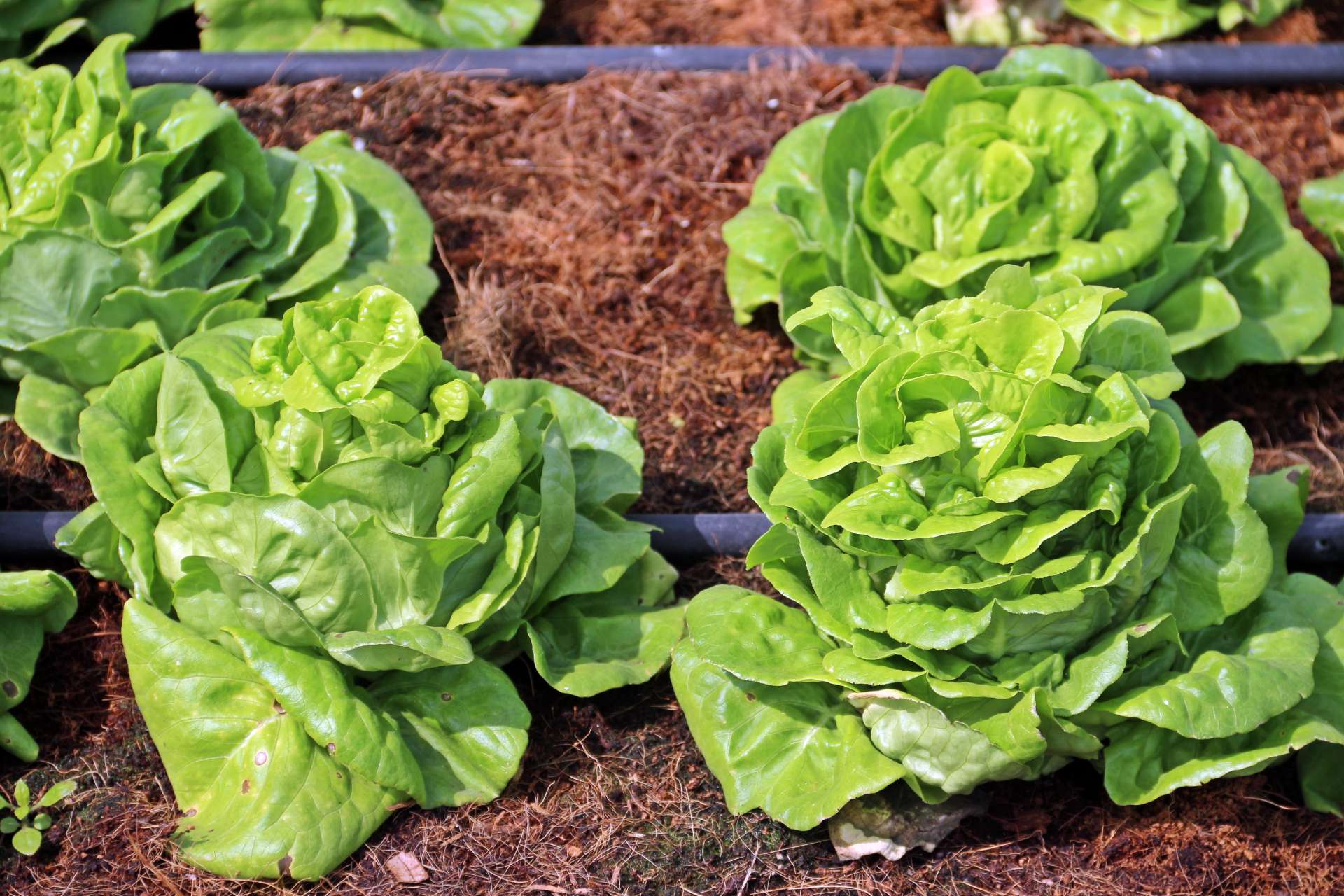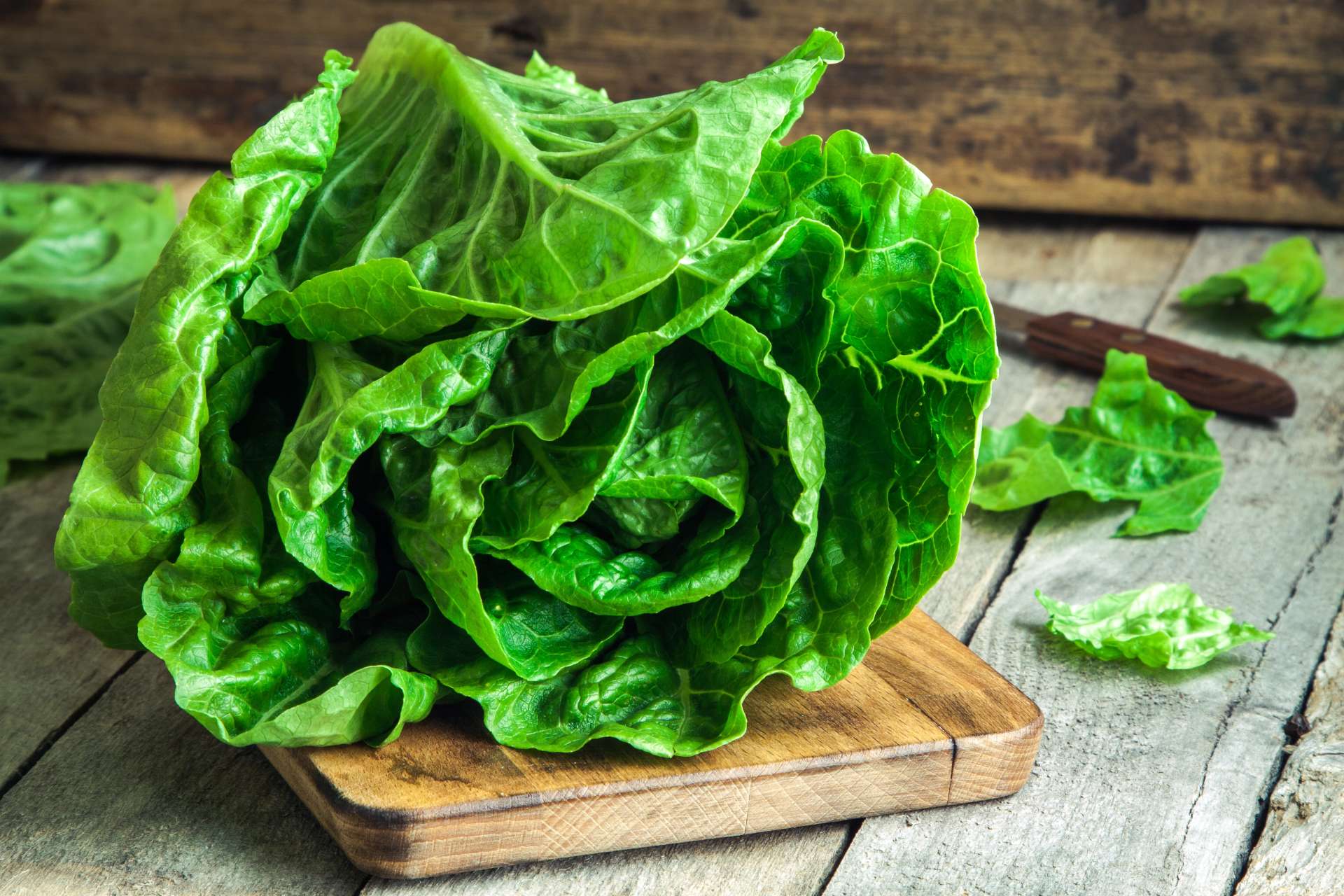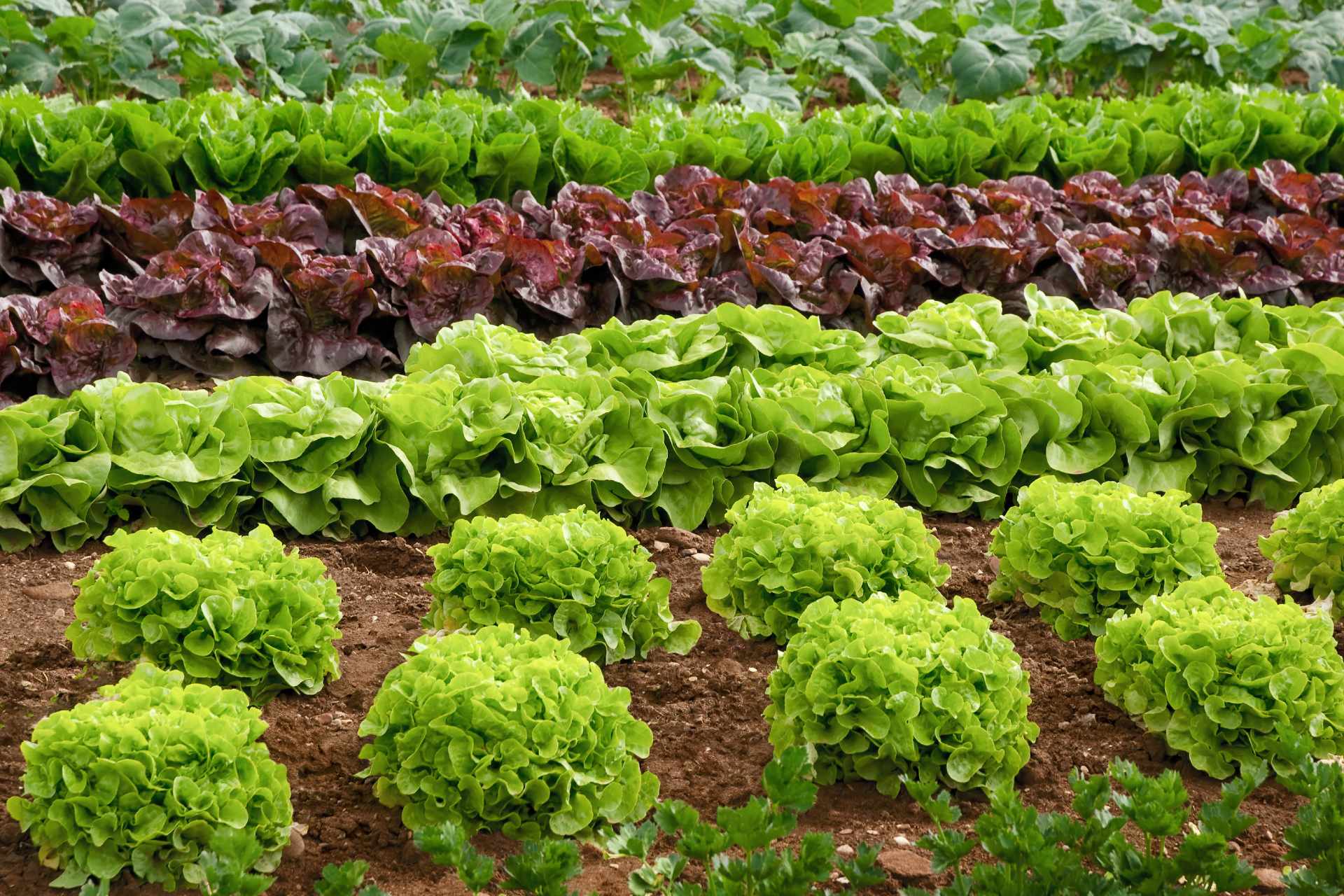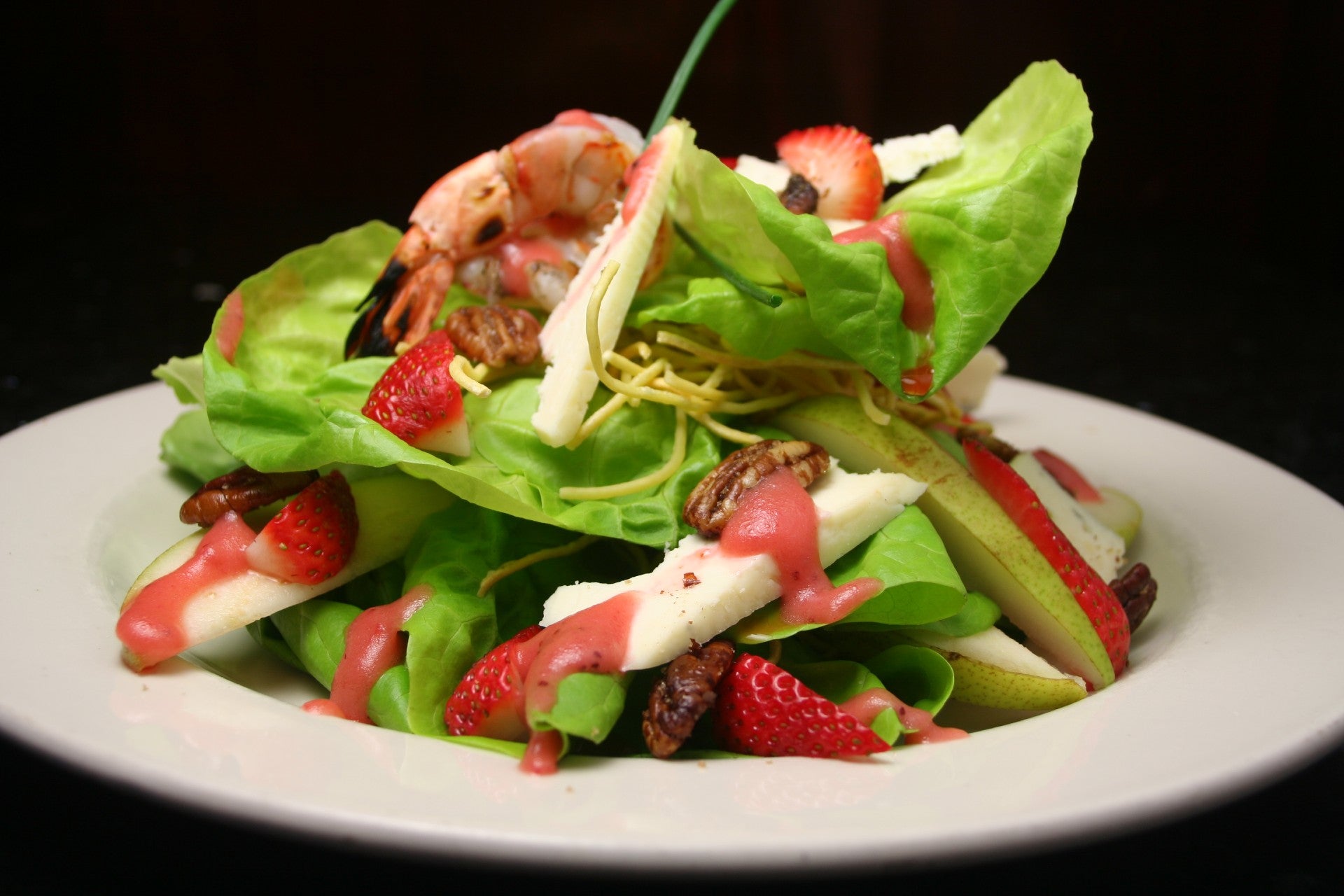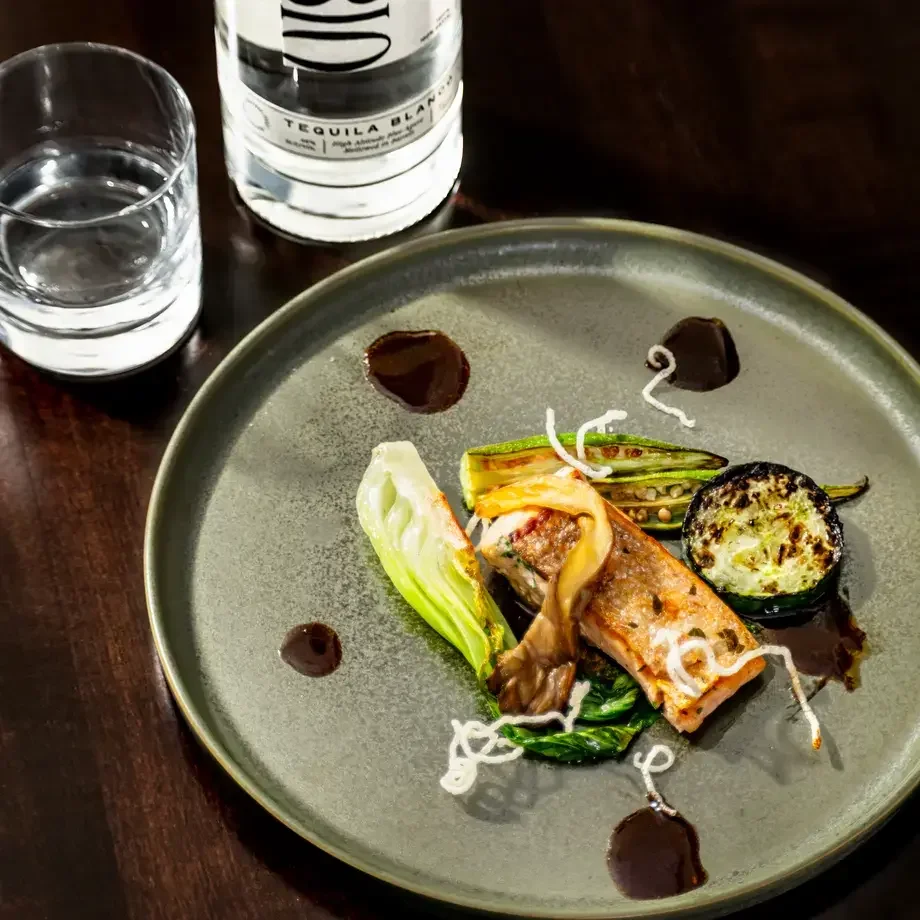If your dish needs a lettuce that’s mild, sweet and tender, butter lettuce is the veggie for you. Use it as a wrap, in salads or sandwiches, or as a bed for other ingredients.
Try this mild, tender veggie for yourself with these simple, fresh recipe ideas for how to use butter lettuce.
Simple butter lettuce salad
This sophisticated side from The Modern Proper takes the simple lettuce leaf to the next level with just a few choice ingredients to enhance its flavour and texture. Crunchy panko breadcrumbs contrast perfectly with the butter-soft texture of the leaves, while salty olives and shavings of aged Manchego cheese add bursts of stronger flavour.
Butter lettuce, avocado and radish salad
This simple salad from Flavour the Moments is another side dish that’s more than the sum of its parts. Soft butter lettuce and creamy avocado create a luxurious mouthfeel, while slices of radish add a peppery punch and contrasting crunchy texture.
Butter lettuce strawberry salad with poppy seed dressing
Soft, light butter lettuce is the perfect base for this flavourful sweet-and-savoury salad from It’s a Veg World After All. Tangy, creamy goat’s cheese blends beautifully with sweet, juicy strawberries, while slices of shallot add a pungent, savoury kick. Serve as an appetiser or a side, or make it into a main dish by adding grilled chicken or chickpeas.
Thai shrimp with lettuce and coriander
This summery seafood starter uses lettuce as a wrap, or cup, to encase aromatic Thai prawns. Butter lettuce is a great choice for this recipe, as the leaves are large, flexible and decorative, and their mild, slightly sweet flavour is more complementary than more bitter varieties.


